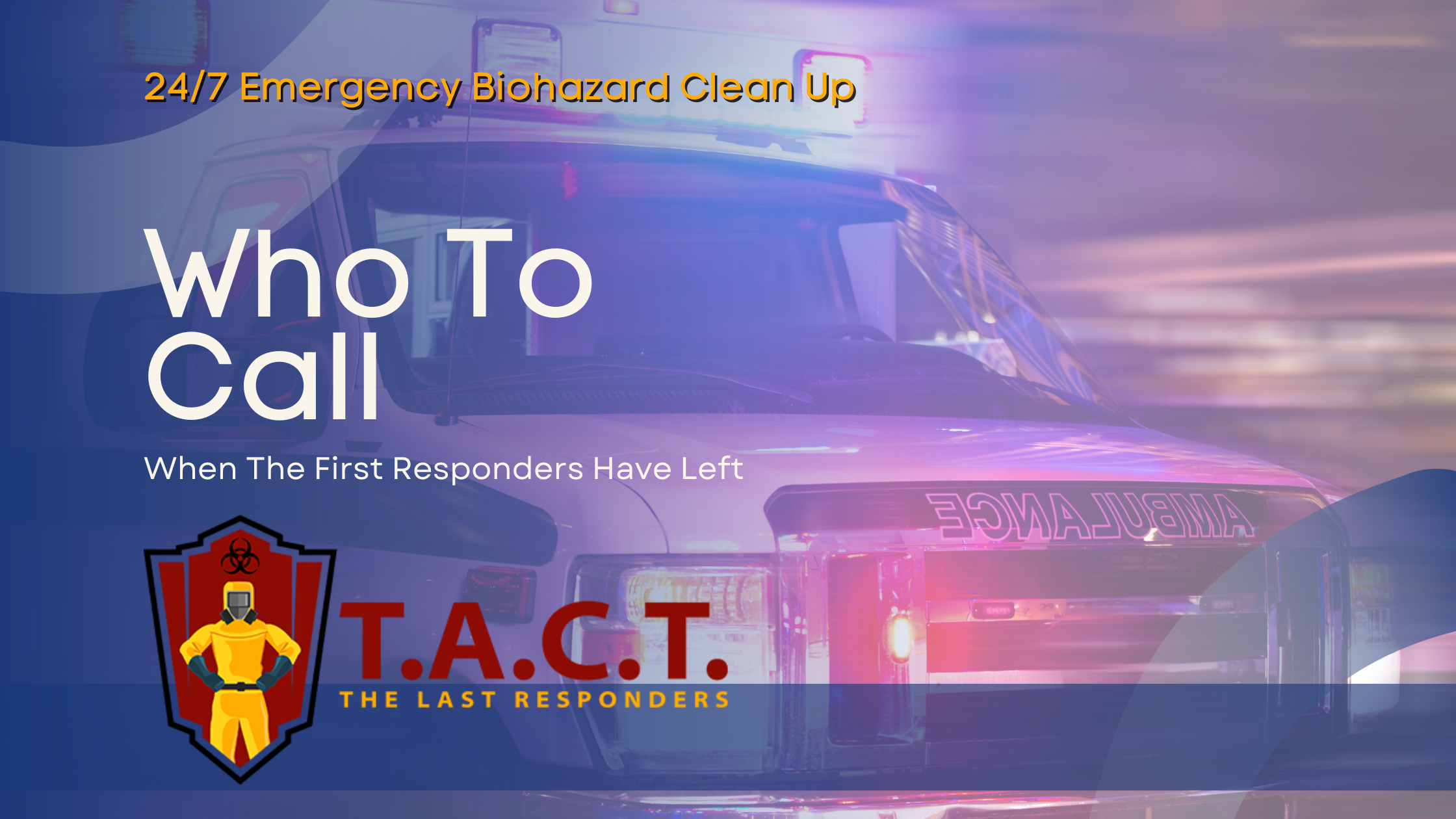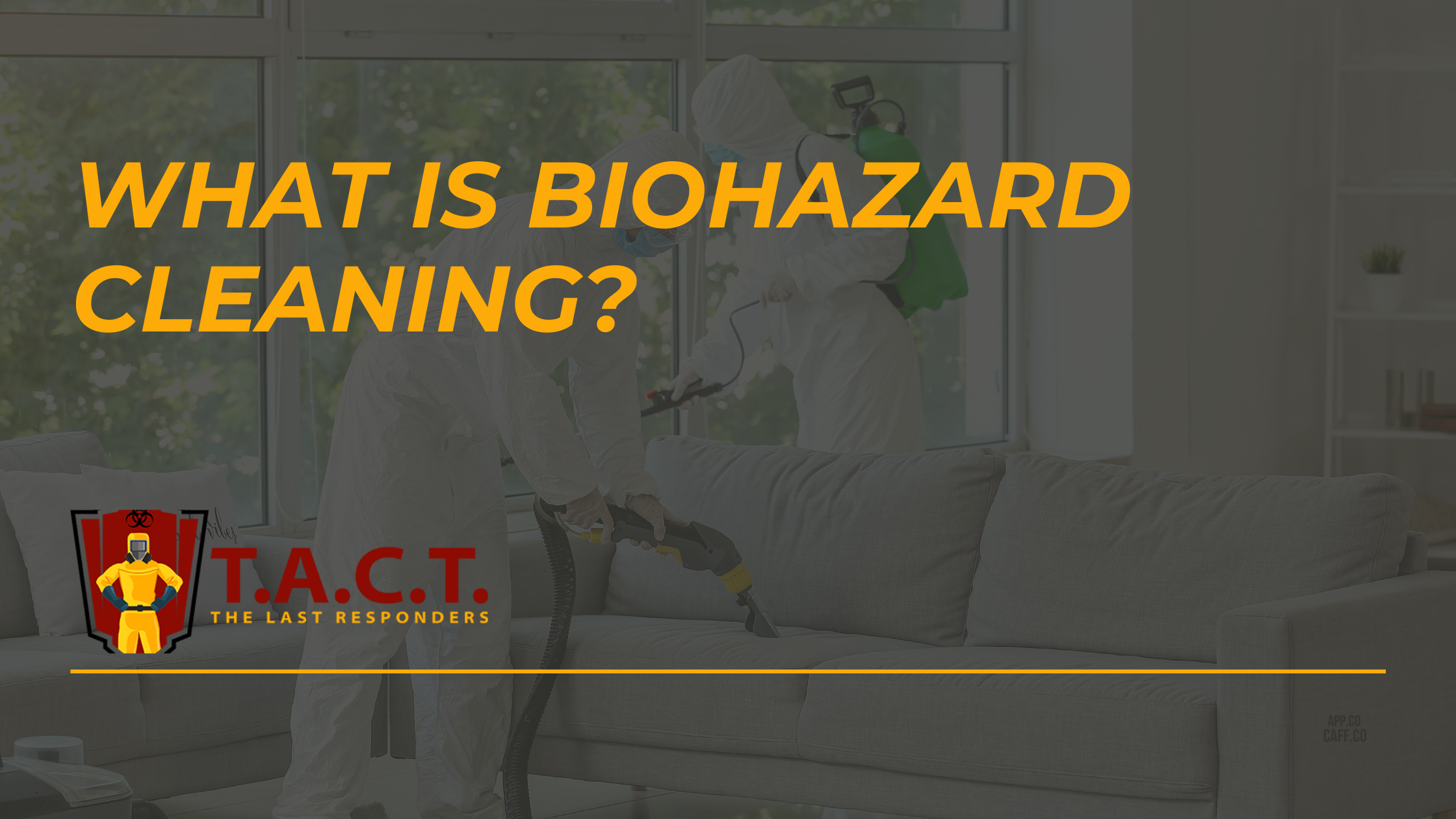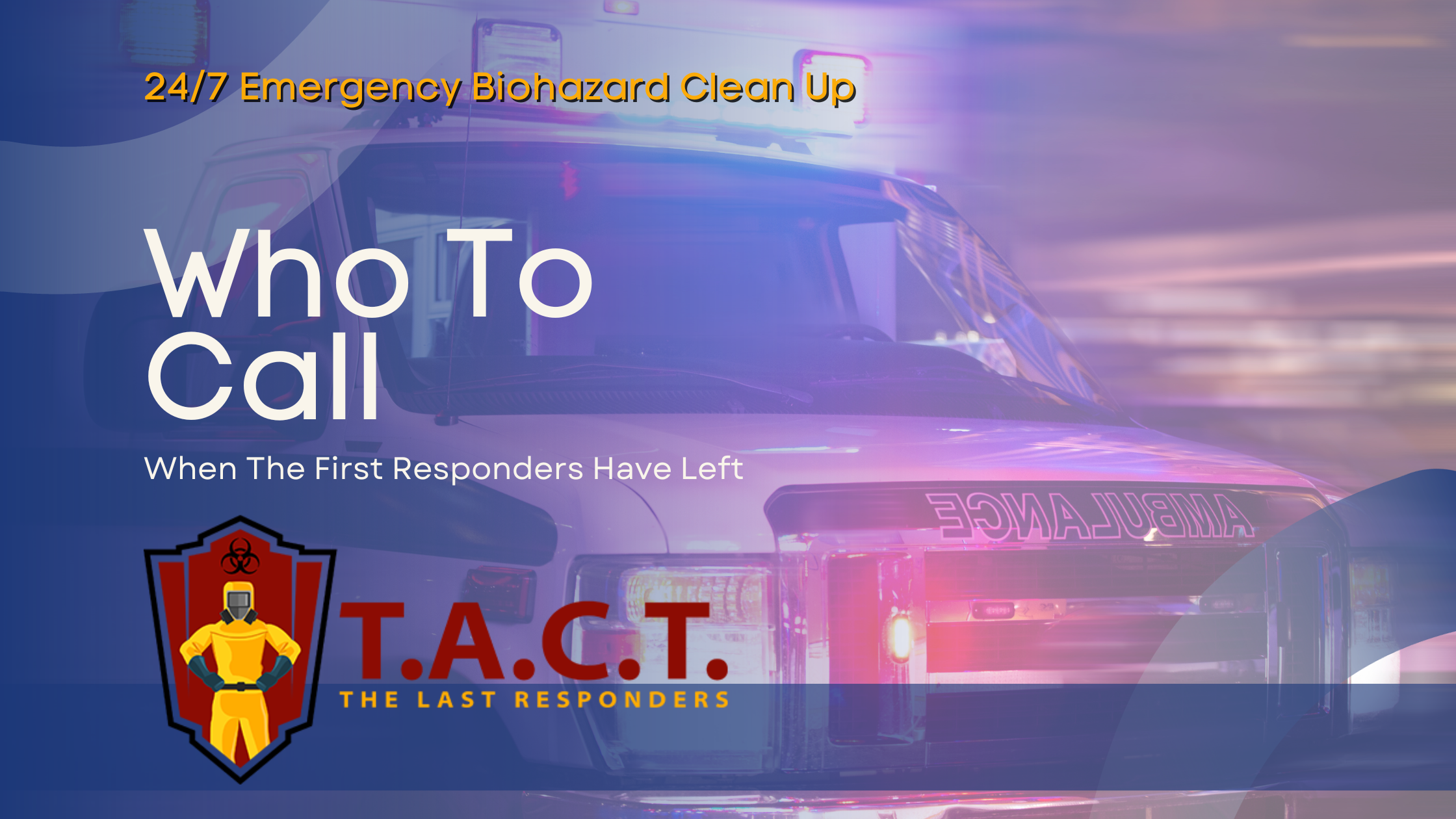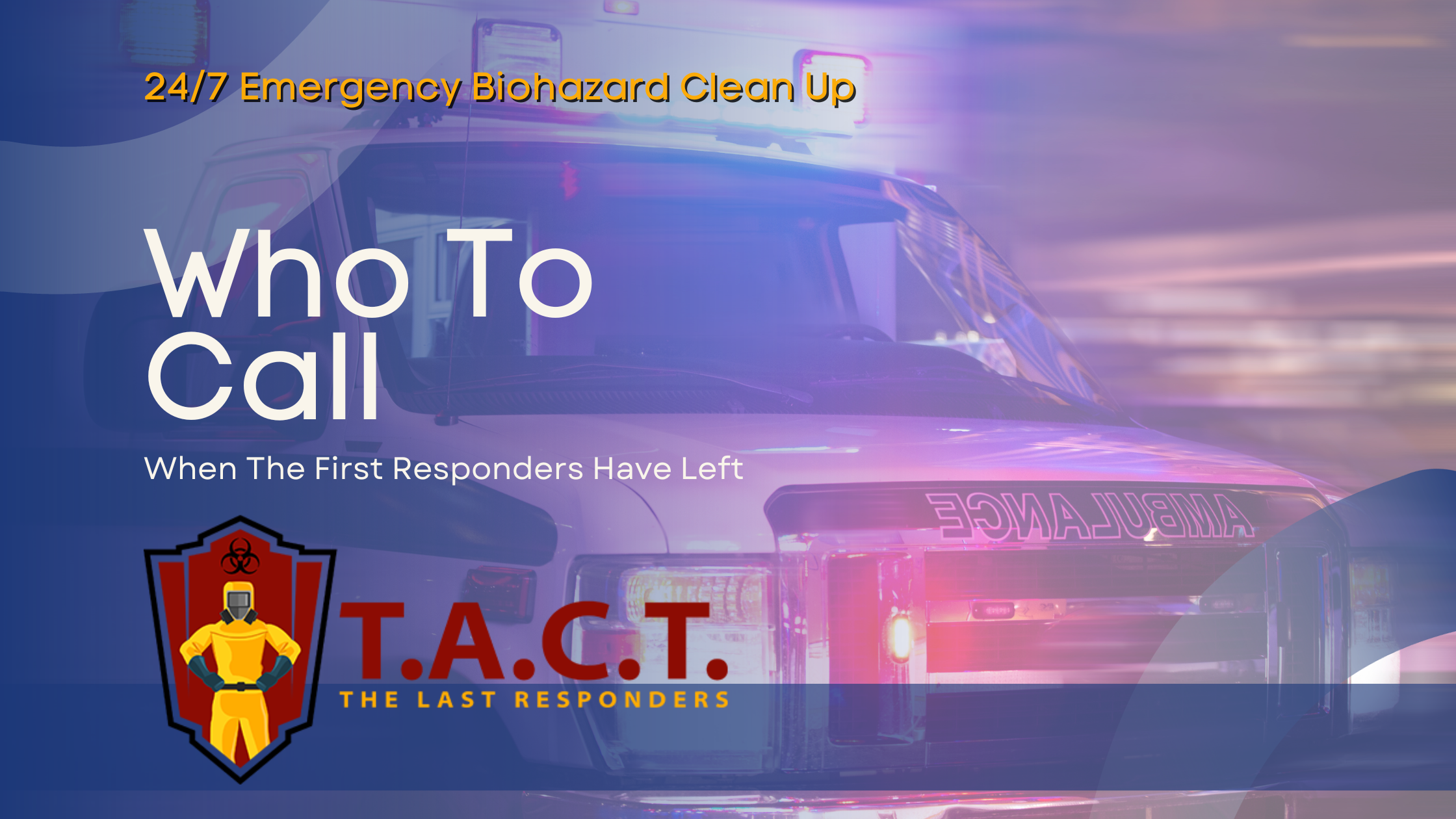What you should do after a death in Atlanta

SEP 01, 2017 by PAUL MARVEL
Experiencing the loss of a loved one is exceptionally painful and stressful. In moments of such emotional upheaval, practical necessities, such as suicide cleanup in the departed individual's home, often arise. Acquiring knowledge about the process of post-mortem house cleanup, particularly in the North Atlanta region, is essential.
The Necessity of Thorough Suicide Cleanup Post Loss
When a person departs from life within their living space, a host of biological hazards and emotional traces can be left behind. Thorough cleaning, such as provided by T.A.C.T. North Atlanta, is highly recommended for the physical and psychological wellbeing of those who remain in or visit the premises. A professional and comprehensive suicide cleanup process can help to alleviate some of the discomfort and anxiety that comes with death's aftermath.
Complying with Georgia's Rules for Cleanup
In Georgia, the procedure for cleaning up biohazardous materials, particularly following deaths, is regulated by stringent guidelines and rules from both state and local authorities. These regulations center on public health and aim to enable safe and thorough cleanup tasks.
These rules particularly emphasize the proper management, containment, and disposal of biohazardous entities such as blood, bodily fluids, and tissue. Failing to comply not only endangers public health but could also result in legal complications for property owners or those supervising the cleanup. Therefore, meticulous adherence to these regulations is crucial to safeguard public health and maintain legality.
Moreover, these guidelines may stipulate certain protocols and procedures for biohazard cleanup, including utilization of PPE, disinfectant methods, and waste disposal techniques. Compliance with these guidelines is vital to lessen the risk of pathogen exposure and prevent infectious diseases. Thus, it is vital that a professional, equipped with the correct knowledge and gear, executes the cleanup.
Understanding and adhering to Georgia's biohazard cleanup rules aids in risk reduction, safety assurance, and legality maintenance.
Steps in the Cleanup Procedure
The suicide cleanup process post loss involves several crucial steps. Initially, professionals assess the area to determine the extent of cleaning required, identifying and containing biohazards such as blood, bodily fluids, and tissue. Subsequently, trained experts employ specialized equipment and cleaning agents to thoroughly sanitize the area.
Acknowledging Emotional Components
Beyond the suicide cleanup's physical aspect, the emotional impact also warrants attention. The loss of a dear one can be overwhelming, and reminders of their death can amplify grief. It's crucial to seek support from friends, family, or mental health professionals during these testing times. Partaking in rituals or ceremonies to pay respect to the departed may also provide comfort.
Additional Considerations
Alongside the cleanup, consider notifying relevant authorities such as the coroner's office or law enforcement. Checking with insurance providers regarding cleanup service coverage is prudent, and seeking advice from legal professionals about property-related liabilities or responsibilities is recommended. While managing a home's aftermath following a death may appear daunting, with the right guidance and support, it can be successfully handled. Remember, assistance, like that provided by T.A.C.T. North Atlanta, is available during these challenging periods.
Professional suicide cleanup services play a vital role in helping families navigate a loved one’s passing aftermath. Following such a traumatic event, the responsibility of restoring and cleaning the home can seem insurmountable. The T.A.C.T North Atlanta team of experts are here to assist you and your loved ones through these tough times.
Latest news

You've probably heard the term 'biohazard cleanup', but what is it exactly, and what are some scenarios that you might need it? Find out here...
Read More

